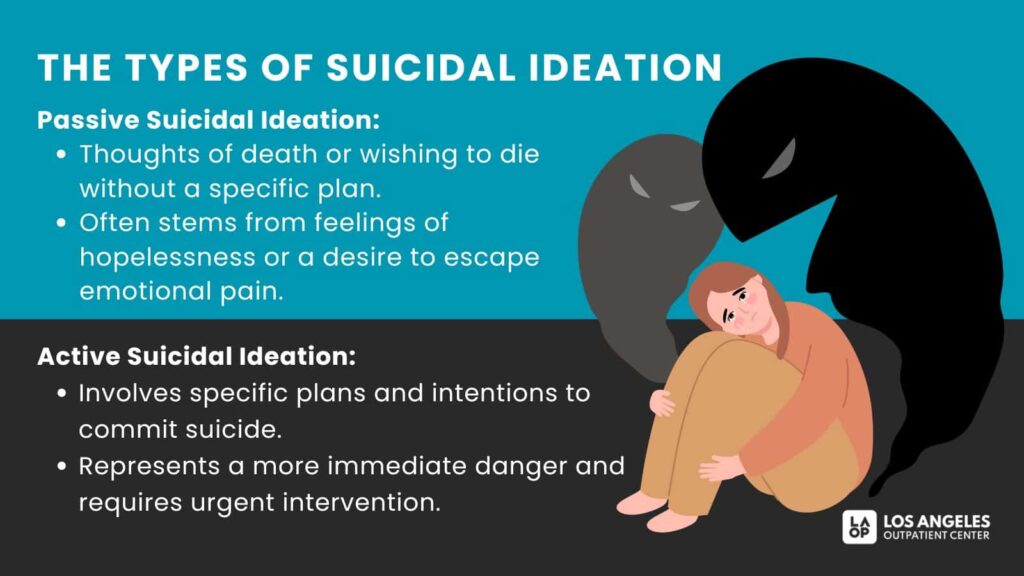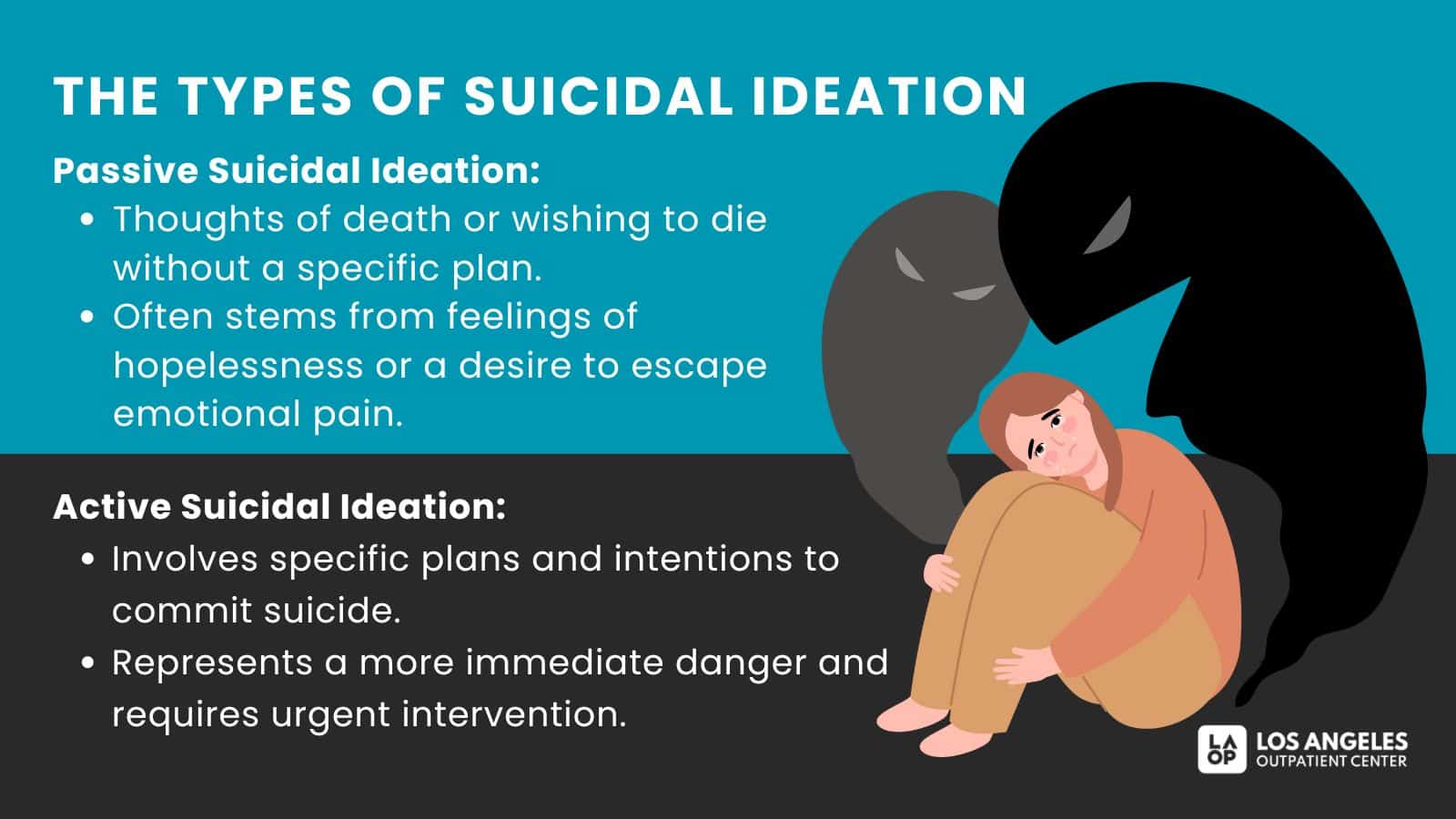
Suicide: How to Cope and Find Help
Navigating life’s challenges can sometimes feel overwhelming, leading some individuals to contemplate suicide. Understanding suicide, knowing how to cope with suicidal thoughts, and identifying available resources are crucial steps in preventing tragedy and fostering hope. This article aims to provide comprehensive information on suicide prevention, coping mechanisms, and where to find professional help. If you or someone you know is struggling with suicidal thoughts, please remember that you are not alone, and help is available.
Understanding Suicide
Suicide is a complex issue influenced by a combination of factors, including mental health conditions, environmental stressors, and personal experiences. It is essential to approach the topic with sensitivity and understanding. Recognizing the warning signs and understanding the underlying causes can help in providing timely support and intervention.
Risk Factors for Suicide
- Mental Health Disorders: Depression, anxiety, bipolar disorder, and other mental health conditions significantly increase the risk of suicide.
- Substance Abuse: Alcohol and drug abuse can impair judgment and exacerbate mental health issues, leading to increased suicidal ideation.
- Traumatic Experiences: Past trauma, such as abuse, neglect, or violence, can contribute to long-term emotional distress and suicidal thoughts.
- Loss and Grief: Experiencing the loss of a loved one, job, or significant relationship can trigger feelings of hopelessness and despair.
- Social Isolation: Feeling disconnected from others and lacking social support can lead to feelings of loneliness and isolation, increasing the risk of suicide.
- Chronic Pain or Illness: Persistent physical pain or chronic illnesses can impact mental health and increase the likelihood of suicidal thoughts.
- Access to Lethal Means: Easy access to firearms, medications, or other lethal means can increase the risk of a suicide attempt.
Warning Signs of Suicide
Recognizing the warning signs of suicide is crucial for early intervention. These signs can be subtle or overt and may vary from person to person. Some common warning signs include:
- Talking about Suicide: Making statements about wanting to die, feeling hopeless, or being a burden to others.
- Withdrawing from Activities: Losing interest in hobbies, social events, or activities that were once enjoyable.
- Changes in Mood: Experiencing sudden shifts in mood, such as increased sadness, irritability, or anxiety.
- Giving Away Possessions: Giving away prized possessions or making arrangements for their affairs.
- Increased Substance Use: Turning to alcohol or drugs as a way to cope with emotional pain.
- Sleeping Problems: Experiencing significant changes in sleep patterns, such as insomnia or excessive sleeping.
- Saying Goodbye: Making farewell calls or writing goodbye letters to loved ones.
How to Cope with Suicidal Thoughts
Coping with suicidal thoughts requires a multifaceted approach that includes self-care strategies, seeking professional help, and building a strong support system. Remember, these feelings are often temporary, and with the right support, you can overcome them.
Self-Care Strategies
- Practice Mindfulness: Engage in mindfulness exercises, such as meditation or deep breathing, to help calm your mind and reduce anxiety.
- Engage in Physical Activity: Exercise can release endorphins, which have mood-boosting effects. Even a short walk can make a difference.
- Maintain a Healthy Diet: Eating nutritious foods can improve your overall well-being and mental health.
- Get Enough Sleep: Aim for 7-9 hours of quality sleep each night. Establish a regular sleep schedule to improve your sleep patterns.
- Avoid Alcohol and Drugs: These substances can worsen mental health symptoms and increase suicidal thoughts.
- Engage in Hobbies: Participate in activities that you enjoy and find fulfilling. This can help distract you from negative thoughts and boost your mood.
Seeking Professional Help
Professional help is essential for addressing the underlying issues contributing to suicidal thoughts. Therapists, psychiatrists, and counselors can provide guidance, support, and evidence-based treatments.
- Therapy: Cognitive Behavioral Therapy (CBT) and Dialectical Behavior Therapy (DBT) are effective therapies for managing suicidal thoughts and behaviors.
- Medication: Antidepressants, anti-anxiety medications, and mood stabilizers can help regulate mood and reduce symptoms of mental health disorders.
- Crisis Hotlines: Contacting a crisis hotline, such as the Suicide & Crisis Lifeline (988 in the US and Canada, 111 in the UK), can provide immediate support and guidance during a crisis.
- Mental Health Professionals: Consult with a psychiatrist or psychologist for a comprehensive evaluation and treatment plan.
Building a Support System
Having a strong support system can provide emotional support, reduce feelings of isolation, and offer a sense of belonging. Reach out to friends, family, or support groups for connection and understanding.
- Talk to Someone You Trust: Share your feelings with a trusted friend, family member, or mentor.
- Join a Support Group: Connecting with others who have similar experiences can provide a sense of community and validation.
- Engage in Social Activities: Participate in social events and activities to stay connected with others and combat feelings of isolation.
- Family Therapy: Involve family members in therapy to improve communication and understanding within the family unit.
Resources for Suicide Prevention
Numerous resources are available to provide support and assistance to individuals struggling with suicidal thoughts. Knowing where to turn for help can make a significant difference.
- Suicide & Crisis Lifeline: Dial 988 in the US and Canada, or 111 in the UK, for immediate crisis support.
- Crisis Text Line: Text HOME to 741741 for crisis support via text message.
- The Trevor Project: Provides crisis intervention and suicide prevention services to LGBTQ young people.
- The Jed Foundation: Works to protect emotional health and prevent suicide for teens and young adults.
- National Institute of Mental Health (NIMH): Offers information and resources on mental health and suicide prevention.
- American Foundation for Suicide Prevention (AFSP): Funds research, creates educational programs, advocates for public policy, and provides support for those affected by suicide.
Supporting Someone Who is Suicidal
If you suspect that someone you know is contemplating suicide, it is crucial to take their feelings seriously and offer support. Here are some steps you can take:
- Listen Empathetically: Allow them to express their feelings without judgment.
- Ask Direct Questions: Don’t be afraid to ask directly if they are thinking about suicide.
- Offer Reassurance: Let them know that they are not alone and that help is available.
- Encourage Professional Help: Urge them to seek professional help from a therapist, psychiatrist, or counselor.
- Remove Access to Lethal Means: If possible, remove access to firearms, medications, or other lethal means.
- Stay with Them: If they are in immediate danger, stay with them until professional help arrives.
- Contact Emergency Services: If they are actively suicidal, call 911 or your local emergency number.
The Importance of Open Conversations
Open and honest conversations about mental health and suicide are essential for reducing stigma and encouraging help-seeking behavior. By talking openly about these issues, we can create a more supportive and understanding community.
Breaking the Stigma
Stigma surrounding mental health can prevent individuals from seeking help. Challenging misconceptions and promoting understanding can help break down these barriers.
Promoting Mental Health Awareness
Raising awareness about mental health issues can help individuals recognize the signs and symptoms of mental health disorders and seek timely treatment. [See also: Understanding Mental Health]
Encouraging Help-Seeking Behavior
Encouraging individuals to seek help when they are struggling can save lives. Let people know that it is okay to ask for help and that seeking help is a sign of strength, not weakness. [See also: How to Find a Therapist]
Conclusion
Suicide is a serious issue that requires a comprehensive and compassionate approach. By understanding the risk factors, recognizing the warning signs, learning how to cope with suicidal thoughts, and knowing where to find help, we can work together to prevent suicide and promote mental well-being. Remember, you are not alone, and help is always available. If you or someone you know is struggling with suicidal thoughts, please reach out to a crisis hotline or mental health professional. Together, we can create a world where everyone feels supported and valued. Coping mechanisms and resources are available to help navigate these difficult times. Understanding how to cope is a vital step in preventing suicide. Remember, seeking help is a sign of strength. Learning how to cope with challenging situations can be life-saving. The more we discuss suicide and how to cope, the more lives we can potentially save. Understanding suicide and how to cope is essential for building a supportive community. If you’re struggling, remember how to cope is a skill you can learn. Talking about suicide and how to cope can break down stigmas. Learning how to cope can improve your mental well-being. Education about suicide and how to cope can save lives.

